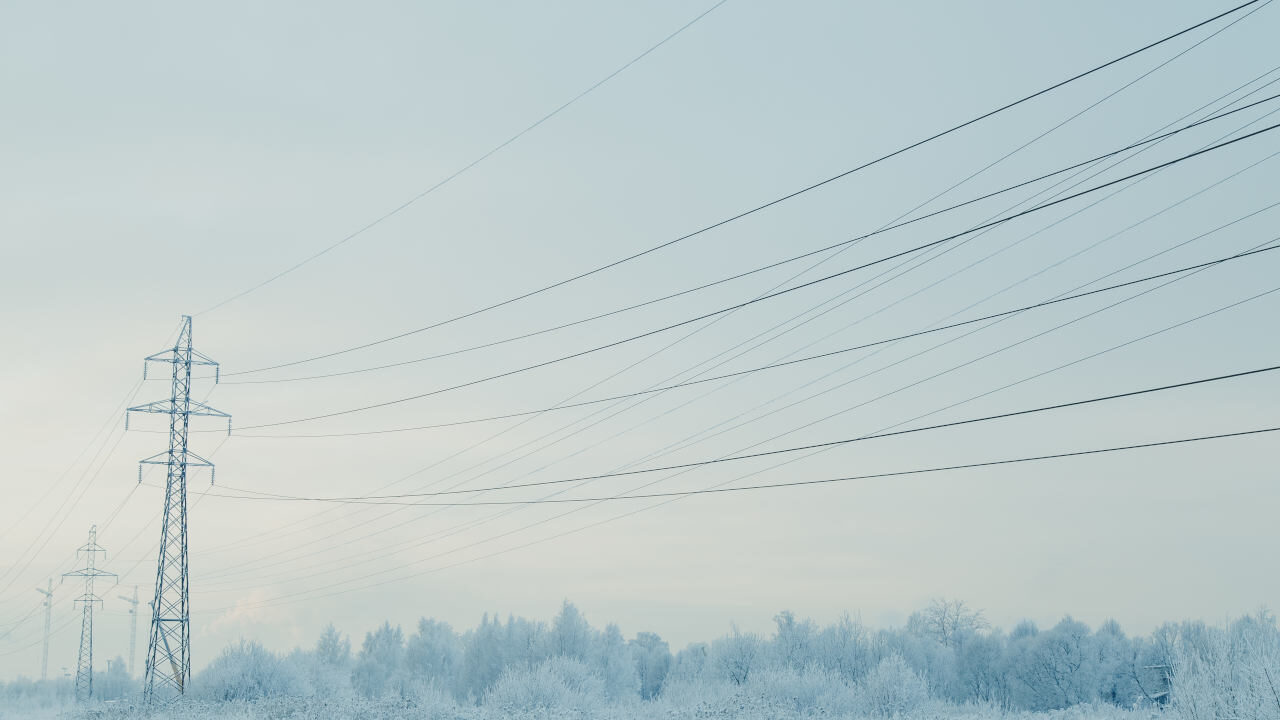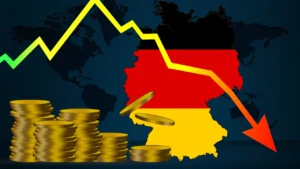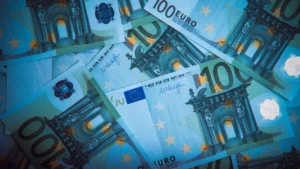
Energy crisis in Europe: More companies in the sector go bankrupt
Every day, energy costs hit new records. At the same time, financial burdens in various industries are increasing. The consequence of the constant increase in energy prices in Europe is forcing industrial giants to reduce production significantly.
Energy prices in Europe have hit a new record. The energy crisis of 2021 is so severe that gas prices have increased nearly eightfold. At the same time, energy costs increased almost fivefold. The head of research for Europe and America at Standard Chartered said:
Higher gas prices, both for households and for businesses, are going to be headwinds to activity,” Sarah Hewin, head of Europe and Americas research at Standard Chartered, said in an interview on Bloomberg TV. “This latest surge in gas prices is clearly a negative development for the outlook for all European economies and including the U.K. as well.
Crisis consequences
Another energy company, Naked Energy, has collapsed since the outbreak of the October energy crisis. The Dutch Consumer and Market Authority informed about the bankruptcy. Naked Energy is the sixth Dutch company failing due to soaring energy prices.
France also faces a winter supply slump. A leading metal smelter in Europe, Aluminum Dunkerque Industries France, has reduced production significantly in the last two weeks. The reason is high energy prices.
Electricite de France said last week it would stop four reactors. These reactors account for 10% of the country’s nuclear power. In early 2022, nearly 30% of French nuclear capacity will be shut down. This will increase the country’s dependence on coal, gas and oil.
Azomures, Romania’s largest fertilizer producer, has temporarily suspended its operations. The plants began to close because farmers could not afford such high prices anyway.
Reaction to the crisis
Mario Draghi, Prime Minister of Italy, stressed the need for urgent action due to increased energy prices. He said:
The EU Commission is working, but we must also work at national level and support families and businesses.
Of all 27 EU members, 20 have taken steps to mitigate the effects of rising energy prices.



























